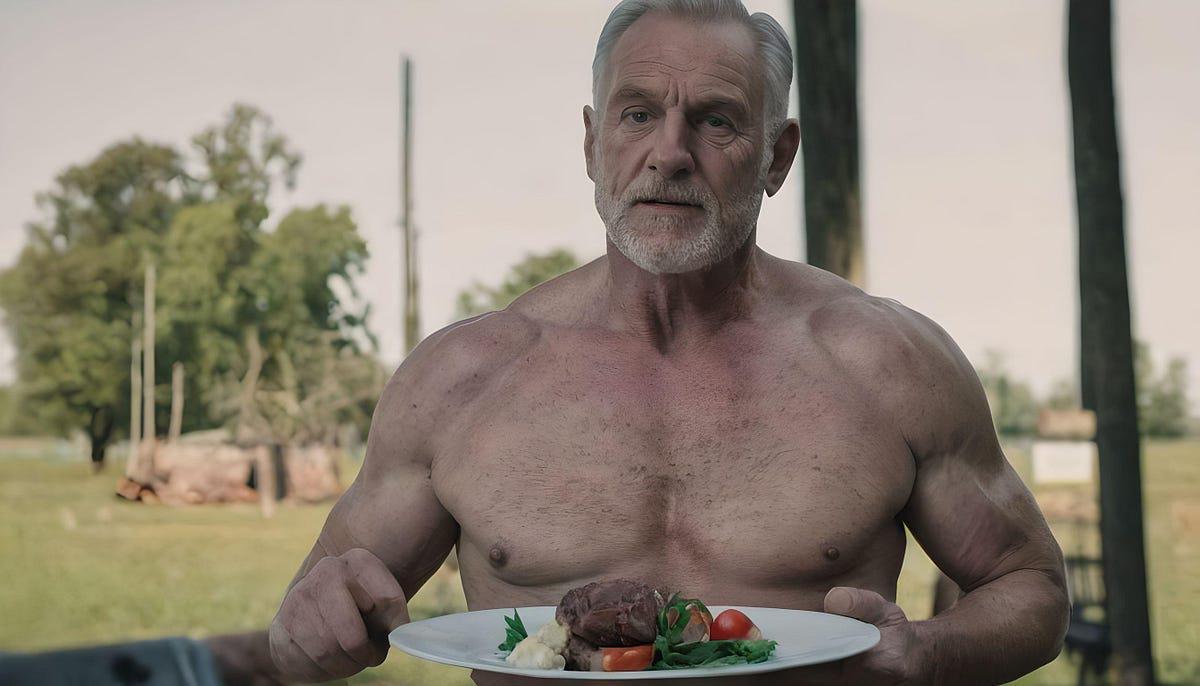Contrary to what some diet experts would like you to believe, it is a low-protein (LP) diet that prevents fat gain, prevents insulin resistance (a precursor to diabetes), and slows down the aging process [1]. A high-protein (HP) diet is just the opposite [2]. The paradoxical exception to this rule is that the fittest and healthiest individuals among everyone (athletes) also have the highest protein intake.
Interestingly, it is not a protein restriction in itself, but a restriction of three amino acids that convey health benefits - branched-chain amino acids (BCAA) [3]. Ironically, these three BCAAs are the top protein supplements for athletes.
This is why I will answer three questions based on my research:
- Why are athletes (rather than sedentary individuals) healthy on a HP diet?
- What is the protein restriction that promotes health and longevity?
- What should you eat? (For health and longevity)
Before answering them, I would like to briefly
- Review the basics of protein and amino acids
- Warn you about mice
Basics of Protein and Amino Acids
Amino acids are the building blocks of proteins. Proteins are very large molecules that appear in almost every metabolic reaction. They also provide structure from the cells of the human body to its biological levels. Different proteins have different amino acid sequences. These sequences are encoded in our genes.
When a gene is activated to string amino acids together into a specific protein, the process is called translation. The human body uses 20 different amino acids to translate genetic instructions into proteins.
Of these 20, nine are essential. We need to obtain them from our food. These three BCAAs are part of the nine. The remaining 11 are not a concern; the body can produce them without our help.
